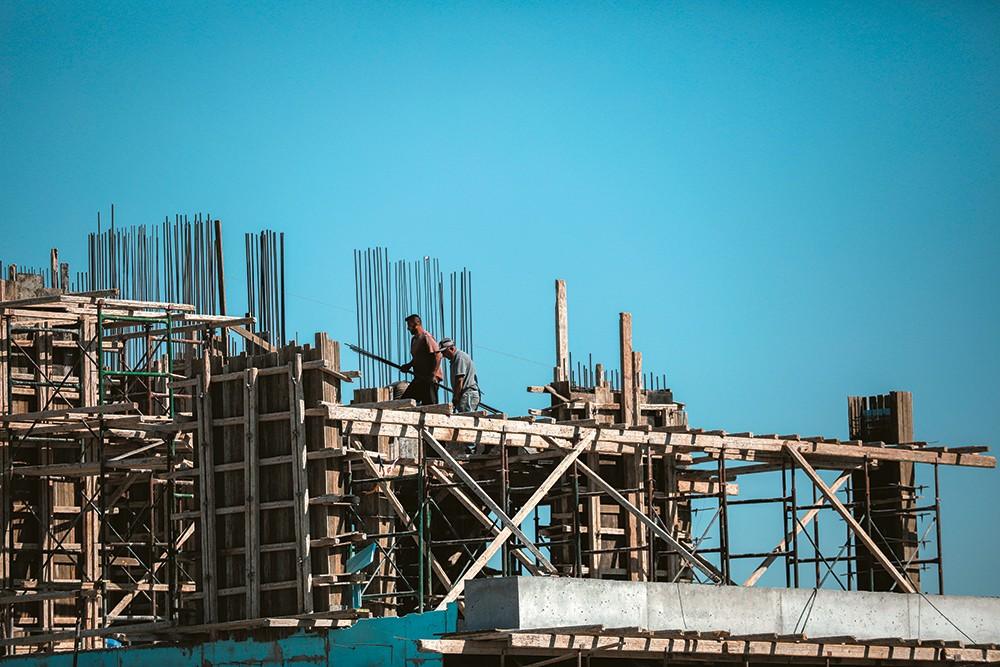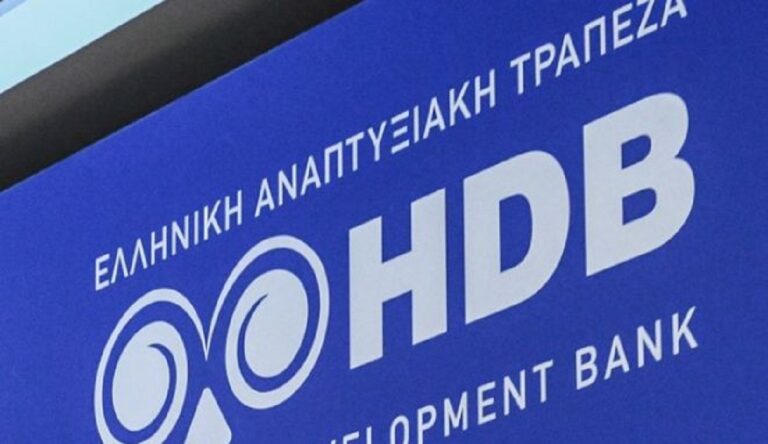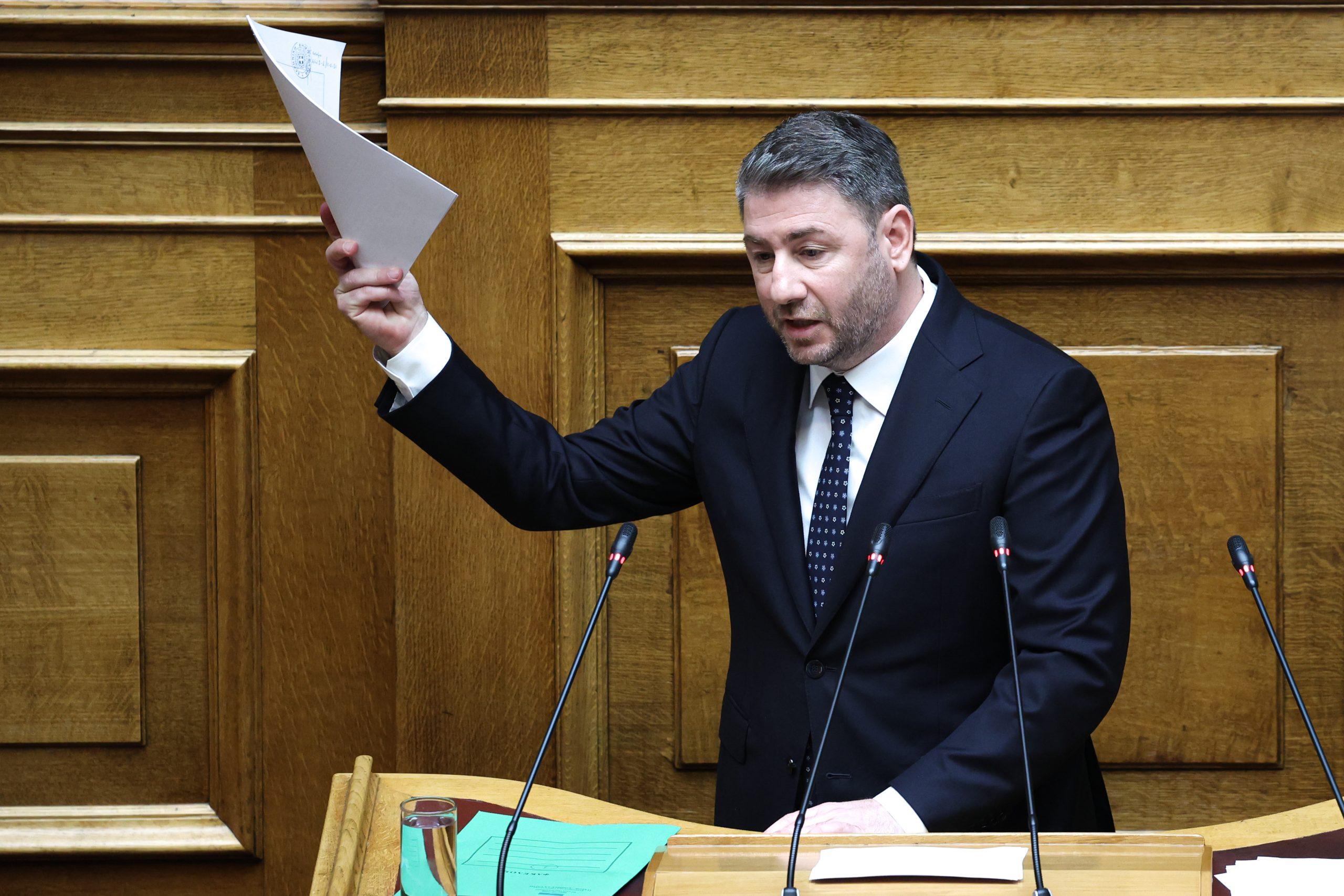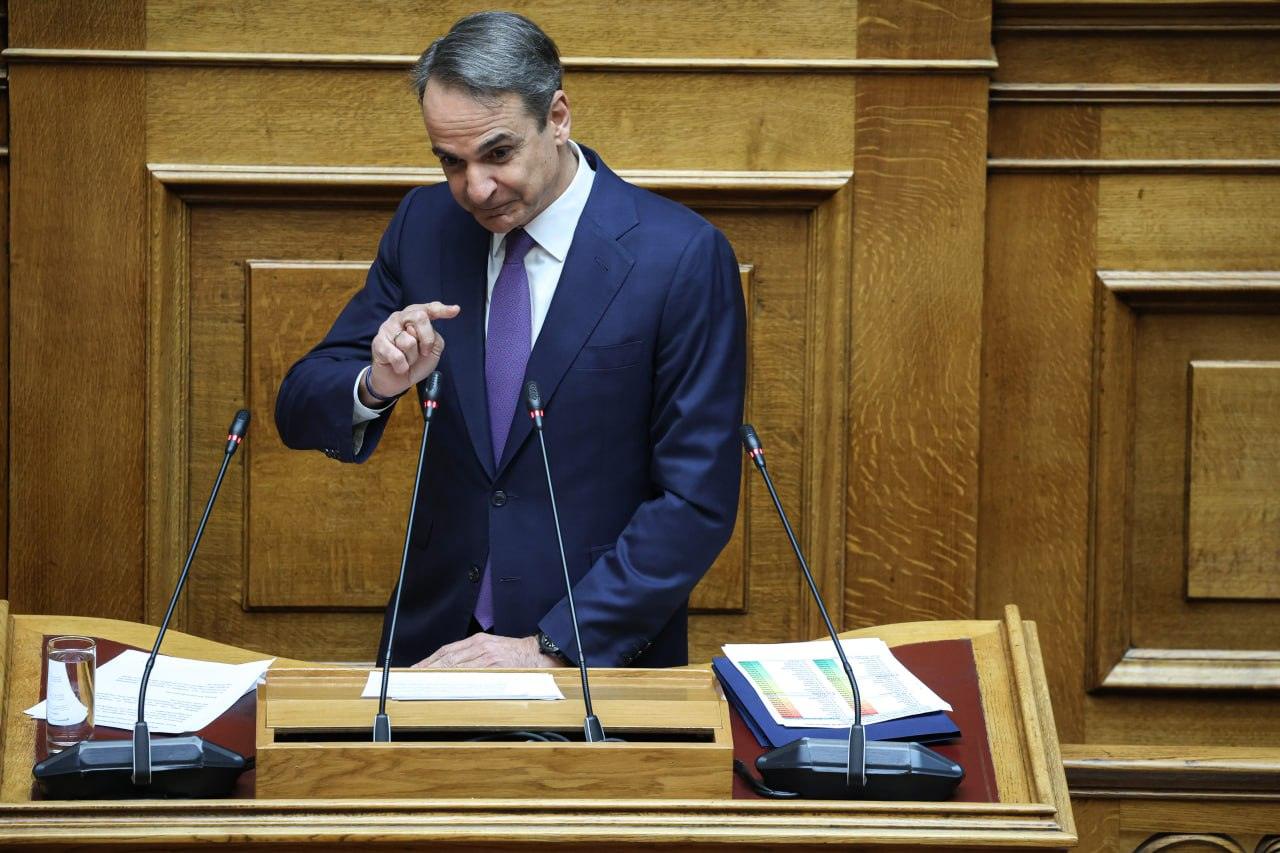Greece is moving to end months of uncertainty surrounding building permits issued under the “building bonuses” provision of the New Building Regulation (known by its Greek acronym, NOK), which allowed developers to increase a project’s height or floor area in exchange for higher energy efficiency standards and more green spaces.
Following the decisions taken by the Council of State, Environment and Energy Minister Stavros Papastavrou is expected to sign a Presidential Decree on Monday, October 26 that will define the new framework that determines which permits issued under these incentives are valid.
There will be further ministerial decisions detailing technical specifications for the Special Environmental Urban Upgrade Plans (ESPIAP). These plans serve as environmental compensation mechanisms, allowing certain projects to continue legally despite the annulment of the original incentives. The measures also outline procedures for refunding fees and taxes on permits that lose their benefits, while simplifying the process for revising existing permits.
At the same time, the ministry has introduced a legislative amendment in Parliament extending the deadline for activating the environmental offset mechanism. The extension covers building permits that took advantage of the NOK’s incentives but whose owners did not complete the required environmental steps before deadlines expired last summer under Law 5197/2025.
The environmental offset mechanism was created to balance the environmental impact of larger developments and to allow construction to continue on projects that had begun lawfully before December 11, 2024. That was the date when the Council of State ruled that the NOK’s building incentives were unconstitutional. Many permits were subsequently annulled or challenged in court, leaving developers and property owners in legal limbo.
Under the new rules, projects whose structural frameworks were completed before that date will be able to continue once their permits are reissued and the environmental offset fee is paid. For buildings that had not yet reached that stage, further approval will be required from the Central Council for Urban Planning and Disputes (KESYPOTHA) and the Central Architectural Council (KESA), with the review deadline extended to the end of the year.
The deadline for submitting related applications for large-scale strategic investments — including Special Urban Development Plans and Integrated Development Schemes — has also been extended to March 16, 2026.
The Council of State has already found the Environment Ministry’s Presidential Decree constitutional and lawful. In its opinion, the court stated that the environmental offset mechanism protects those who acted in good faith under the rules in force at the time, before the annulment of the building incentives.
The combined effect of the decree, the ministerial decisions, and the new extensions is expected to restore stability to Greece’s construction sector, which has faced significant delays and uncertainty since the invalidation of the NOK incentives late last year.
Source: tovima.com









































